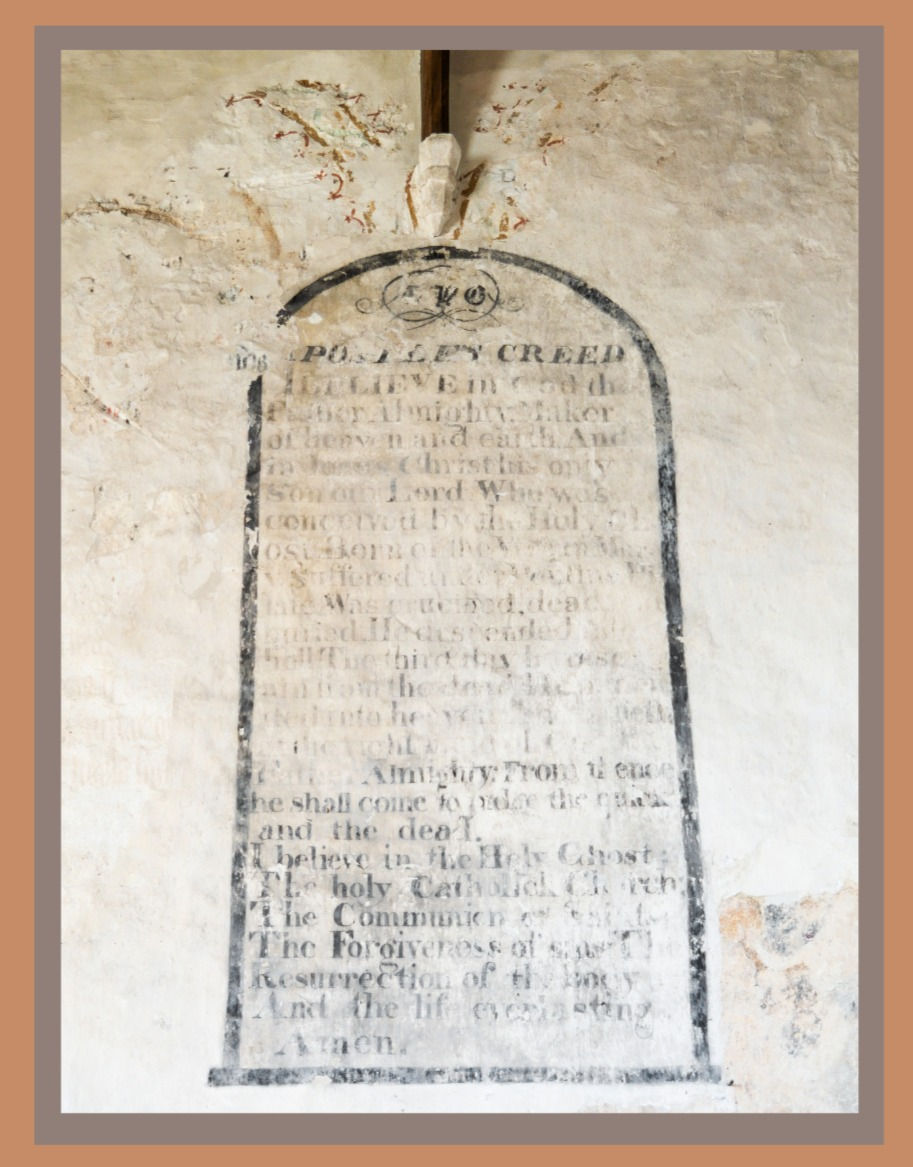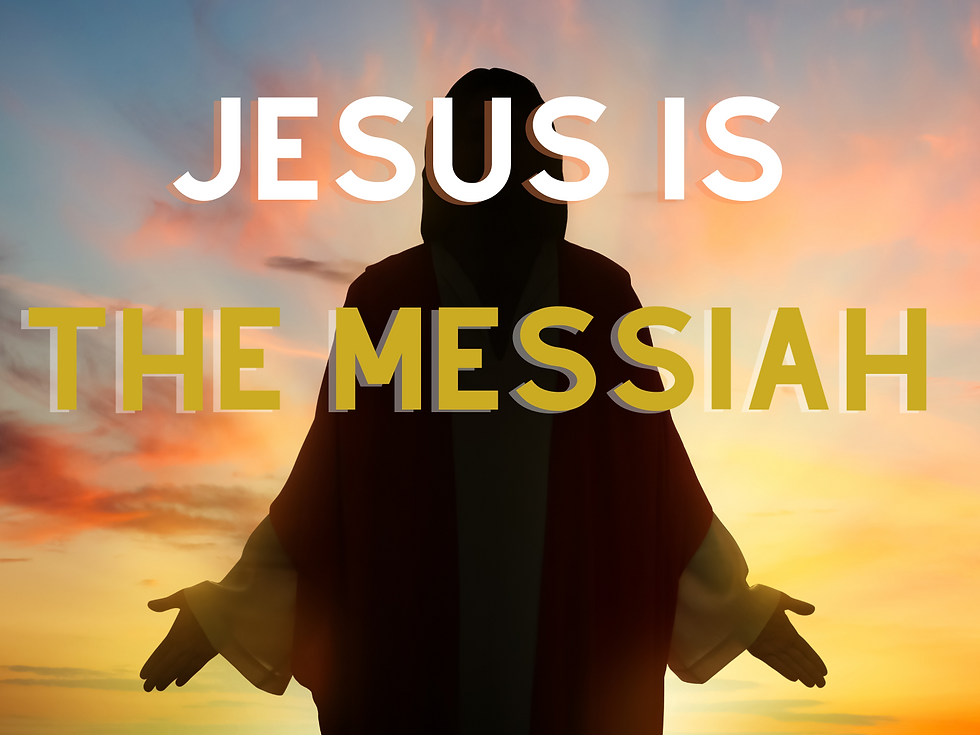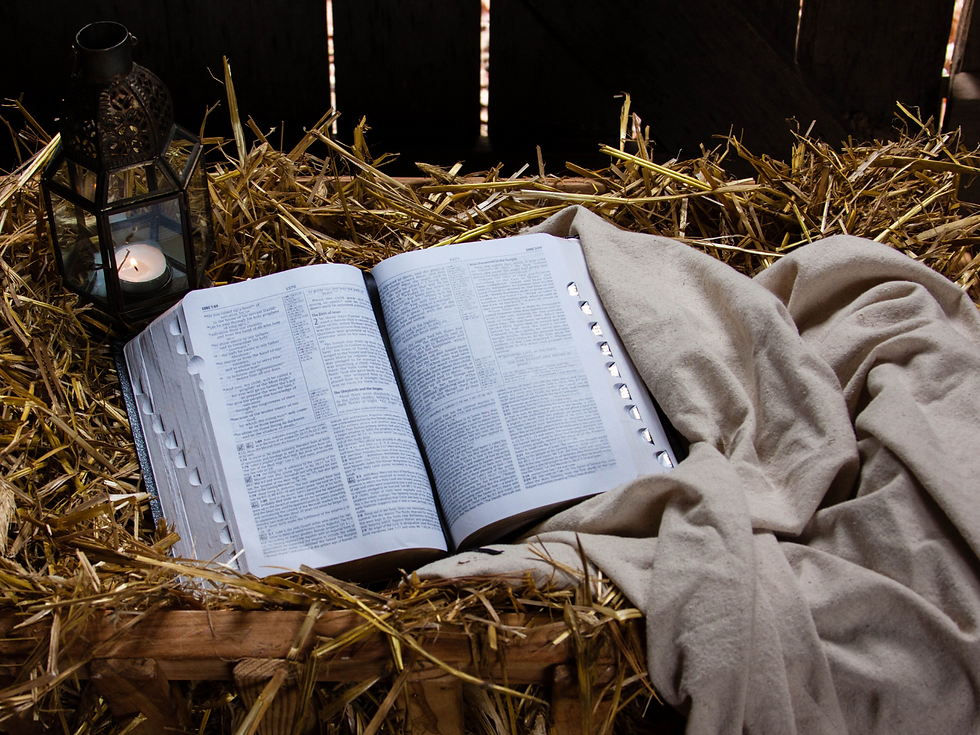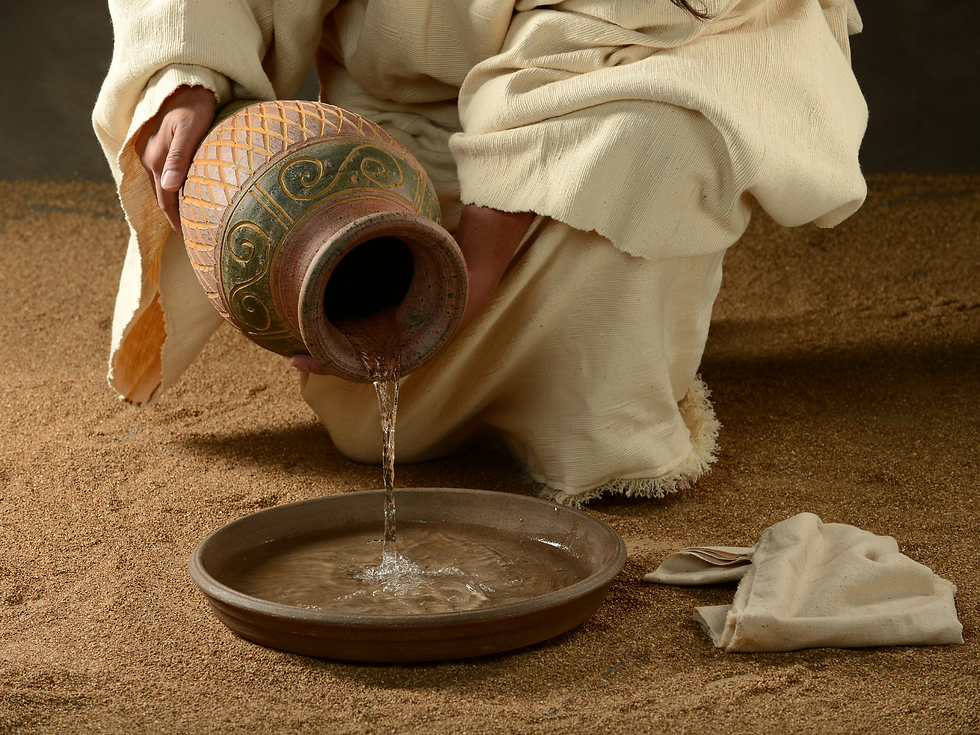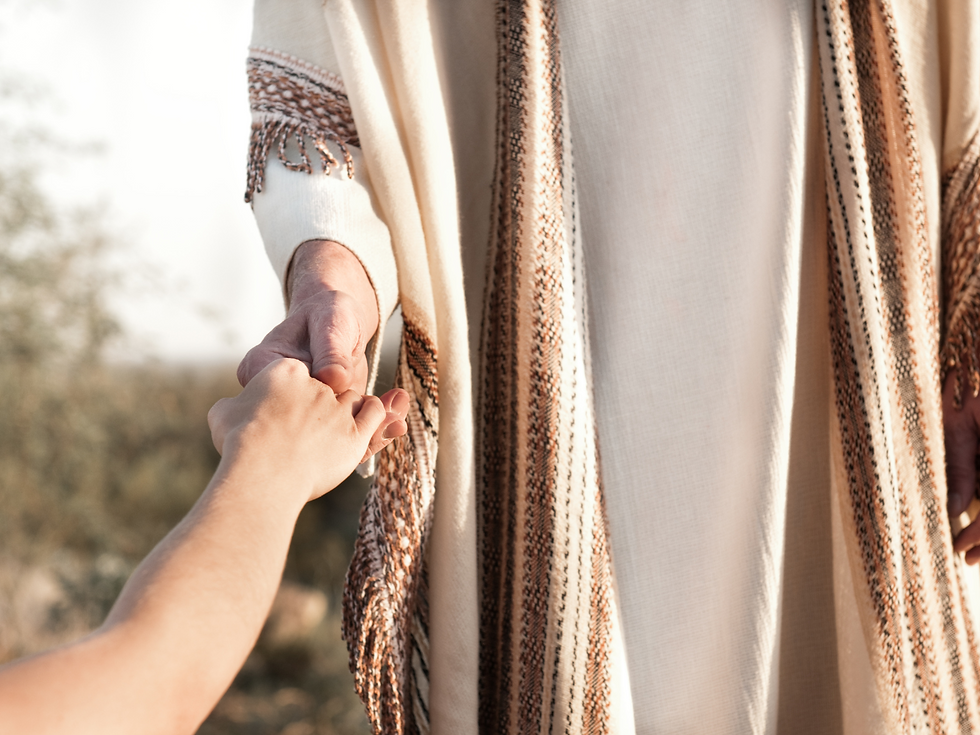
The return of Jesus Christ is part of the sixth essential element of the Gospel of the Kingdom.
“Don’t let your heart be troubled. Believe in God; believe also in me. In my Father’s house are many rooms. If it were not so, would I have told you that I am going to prepare a place for you? If I go away and prepare a place for you, I will come again and take you to myself, so that where I am you may be also.” (John 14:1–3, CSB)
The above passage immediately came to mind after I had accepted the news of my dad’s passing. It was an immediate comfort in a time of loss. I was 24 years old at the time. My dad was just 56 when he died. I felt a huge void. It wasn’t because we were especially close. It was because I knew he was there. I knew that if I needed help of any kind I could always turn to him. Now that source of comfort is gone.
While that source was gone, I was reminded that another source would always be there. I believed in God the Father and I believed in Jesus. I knew that He would not only take care of my dad, but He would take care of me.

Jesus has promised His people His immediate and current presence through the ministry of the Holy Spirit. I was comforted by that fact on the day of my dad’s passing but also many, many times since then. My experience demonstrated the truth of what Jesus promised his disciples that he would send another Helper or Counselor. He told them this:
“And I will ask the Father, and he will give you another Counselor to be with you forever.” (John 14:16, CSB)
He did just that, about 10 days after his ascension into heaven. It happened on the day of Pentecost (Acts 2:1-4). All believers present were filled with the Holy Spirit. The good news is that we who believe in and follow Jesus the Messiah have the abiding presence of the Holy Spirit with us always. As we surrender to His lordship, we will receive power for living.
But this good news gets better. Jesus himself will return. This is the great hope of believers everywhere. Without the return of Jesus Christ to earth, all the prophecies would be for nothing. There would be no hope for a better future. No hope for justice and righteousness to triumph without the return of Jesus Christ. Yet this was the promise from the angels on the day the Lord ascended to heaven.
“They said, “Men of Galilee, why do you stand looking up into heaven? This same Jesus, who has been taken from you into heaven, will come in the same way that you have seen him going into heaven.” Then they returned to Jerusalem from the Mount of Olives, which is near Jerusalem—a Sabbath day’s journey away.” (Acts 1:11–12, CSB)
In this promise we are told the manner in which the victorious Jesus Christ will return. But there are also other promises from Jesus and from other places in Scripture where the Messiah will further claim his own, judge the rebellious and restore the universe to righteousness.
The return of Jesus Christ is the one end-time teaching that all Christians everywhere agree on. When and under what circumstances He returns is not in universal agreement. In this blog I’m going to share the manner in which the Lord Jesus Christ will return. In my next blog I will attempt to give some understanding of His reign and rule.
From the Book of Acts 1:11 and other Scriptures we find that there are at least seven aspects of how the Lord Jesus Christ will return.
First, He will return personally. It is this same Jesus who was born under the law, lived a sinless life, died a substitutionary atoning death and rose again who will come back. It will not be a prophet, someone else, or even an angel. It will be this same Jesus himself who will return.
Second, Jesus will return bodily. His return will not be a vision. It will not be a symbol. Jesus will return in his resurrected body. The same body that he ascended to heaven and to His throne. It is the same body he will be in, and always be in at his return.
Third, Jesus will return suddenly. “Watch! Be alert! For you don’t know when the time is coming.” “Otherwise, when he comes suddenly he might find you sleeping. And what I say to you, I say to everyone: Be alert!” (Mark 13:33, 36–37, CSB) I believe that when the Lord does appear, it will be in a manner that will leave no time for anyone to make any changes. It will be sudden and it will be in fullness. We don’t know the “when”, but we do know the “how.” It will be sudden.
Fourth, His return will be with the clouds. “Look, he is coming with the clouds, and every eye will see him, even those who pierced him. And all the tribes of the earth will mourn over him. So it is to be. Amen.” (Revelation 1:7, CSB) What does this mean? In the Old Testament, the cloud was depicted as the powerful presence of God. There was the cloud that guided and protected the Israelites by day as they made their way through the wilderness journey to the promised land. In the Psalms, Yahweh makes the clouds His chariot. This is God moving to war against his enemies. So, the Lord Jesus coming with the clouds is both protecting and guiding his people, but at the same time, making war against his enemies.
Fifth, Jesus will return with the angels. “This will take place at the revelation of the Lord Jesus from heaven with his powerful angels,” (2 Thessalonians 1:7, CSB) Jude quotes from the Book of Enoch when he wrote: “It was about these that Enoch, in the seventh generation from Adam, prophesied: “Look! The Lord comes with tens of thousands of his holy ones” (Jude 14, CSB) These angels are part of the army of the Lord. They will gather his elect from all over the earth.
Sixth, the Lord Jesus will return with His saints. “May he make your hearts blameless in holiness before our God and Father at the coming of our Lord Jesus with all his saints. Amen.” (1 Thessalonians 3:13, CSB) Paul additionally wrote this promise, “When Christ, who is your life, appears, then you also will appear with him in glory.” (Colossians 3:4, CSB)

Last, Jesus will return to the same place he left. This place is the Mount of Olives. “Then the Lord will go out to fight against those nations as he fights on a day of battle. On that day his feet will stand on the Mount of Olives, which faces Jerusalem on the east. The Mount of Olives will be split in half from east to west, forming a huge valley, so that half the mountain will move to the north and half to the south.” (Zechariah 14:3–4, CSB) This is the very place where Jesus suffered in the garden of Gethsemane and also the place where he went up to heaven. This is the place where the two angels told the disciples that Jesus would return. This is where Jesus touches down on earth.
The return of our Lord Jesus Christ is our hope and comfort. It is a further fulfillment of the promises of God, of which he has kept them all! Knowing that Jesus will return should not make us slack in our witness or the holiness in our lives. It should encourage us to do better. There will come a day, and perhaps soon where we will stand before Him. I pray He will say these words to us all. “His master said to him, “Well done, good and faithful servant! You were faithful over a few things; I will put you in charge of many things. Share your master’s joy.” (Matthew 25:21, CSB)




